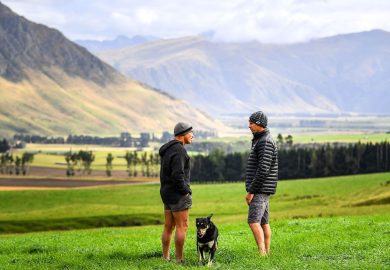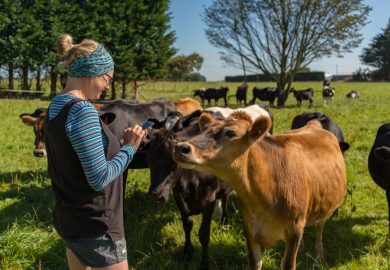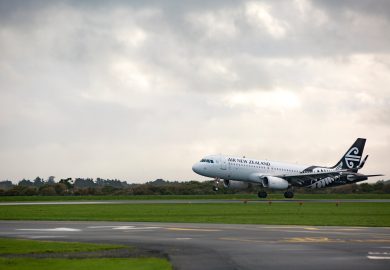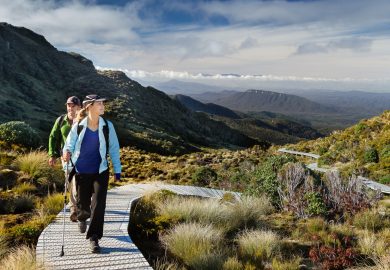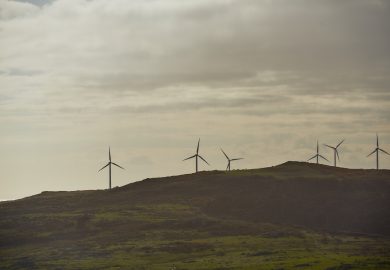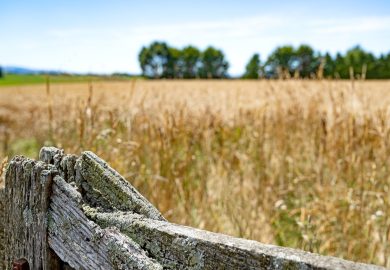Approach
Southland was not on track to meet net zero emissions if it continued on its previous trajectory. However, the Net Zero Southland report was released, and many have been working according to this regional plan resulting in significant reductions in emissions already.
The Net Zero Southland report (March 2021) is an analysis of economic mitigation pathways to net zero emissions for Southland Murihiku. It establishes options for reducing emissions, as well as determining the cost of achieving these at a regional scale. To view the Net Zero Southland report click here
There will be a continued focus on implementation of the Net Zero Southland report to ensure we look at this issue regionally, while acknowledging the wider effort happening with specific projects linked to our businesses and communities.
Key Outcomes
Implementation of the Net Zero Southland report’s 15 recommendations continues, in partnership with EECA and others, resulting in continued reduction of emissions towards net zero by 2050.
Southland is the first region to take part in EECA’s Regional Energy Transition Accelerator (RETA) programme.
Progress to achieve the carbon abatement pathway as set out in the Net Zero Southland report can be accurately measured and regularly shared.
Support is provided to businesses to convert all fossil-fuelled boilers to biomass or electricity by 2037 including facilitation of opportunities for joint procurement of low-emissions technologies and funding opportunities.
There is development of a reliable method of measuring new plantings and soil carbon, to support with the aggregation of farmer’s efforts in the region.
Support is provided for businesses to achieve their carbon abatement pathway goals through continued provision of a series of business-focussed decarbonisation workshops and funding opportunities.

